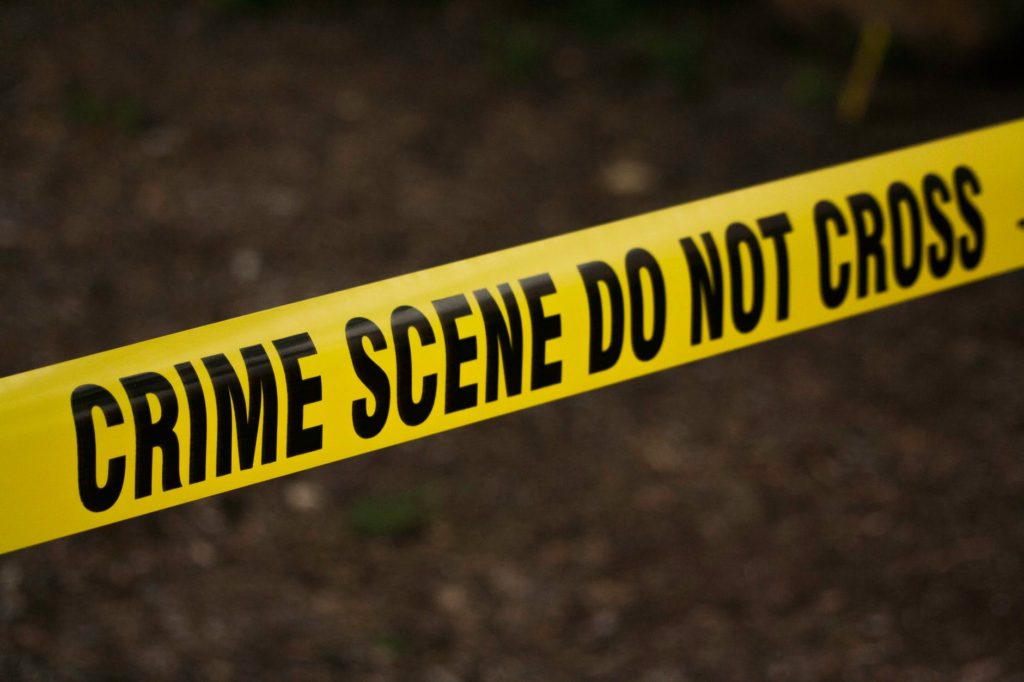
Most of us are still getting our heads around the bizarre attempt to redefine racism as “prejudice plus power”. Well, hold on to your pants, because there’s about to be another effort to redefine a simple word to suit a political agenda. This essay has the details.
If you’re in Generation X, the definition of racism is simple enough. If you dislike someone because of their race, and not because of personal characteristics that are worthy of hate, then you are a racist. You have judged a person prematurely on account of your bigotry, which is prejudice. Prejudice is bad because it doesn’t give other people a fair deal.
We had just gotten our heads around how racism was a bad thing when the definition changed.
Now, or so we’re aggressively told, racism is defined as prejudice plus power. This new definition asserts that only structural and institutional racism counts as actual racism, and that racism that isn’t backed by institutional power is merely prejudice. In practice, this means that non-white people can’t be racist because their racism isn’t “backed by institutional power”.
This is clearly bullshit, but enough morons have fallen for it to make it possible for the next move to be made.
In recent months, keen observers have noticed another attempt at redefining language, this time relating to crime. Some criminal actions are made out to be horrific atrocities, whereas other criminal actions, much worse than in the first group, are made out to be perfectly and understandable courses of action that no reasonable person would complain about.
For instance, 472 people have been shot and killed by American Police officers in 2020 so far. At that rate, some 30 have been killed between the death of George Floyd and the writing of this article. The crucial difference between the death of Floyd and the hundreds of others is simple: Floyd was a black man killed by a white one. As such, the severity of the crime is much greater than if it had been different.
The new logic is that a criminal act isn’t really a criminal act unless it’s coming from a place of power. In the same way that racism isn’t real racism unless it’s committed by those deemed to have power, now crime isn’t really crime unless it’s committed by those deemed to have power.
This is why no-one cares about the fact that American blacks kill 4,000 other American blacks every year. These might be killings, but they’re not really murders because they’re not coming from a place of institutional power. As such, they’re not worthy of any outrage.
It’s also why no-one cares about children getting beaten to death. Children are almost always the same race as their parents, and consequently there is seldom a racial power differential between parent and child. Absent such a differential, crimes aren’t considered severe enough to warrant attention. No-one knows who Sofia Taueki-Jackson is, and no-one cares.
In the new paradigm, not having power means that you can basically do whatever the fuck you like for whatever reason. Someone else is always to blame. No matter how wretchedly unenlightened your conduct, someone else is always to blame. There will always be a chorus of slaves willing to make excuses.
The morality can be summed up thusly: to have power is to be immoral, to be powerless is to be moral.
This morality explains why the authorities of the Capital Hill Autonomous Zone have been filmed taking action to enforce the zone’s borders and immigration policy. The authorities of CHAZ are powerless, therefore they get to enforce immigration laws (in any case, if they are not weak then they represent those who are). This is why it’s moral for them to enforce borders but not moral for America to do it.
Enforcing immigration laws is only a bad thing if you have power. If you don’t have power, then it’s fair for you to violate other people’s boundaries. This is (of course) never explicitly stated, but it’s implied. Only the strong are obliged to hold to moral laws. The weak can do what they like, and all blame can be safely deflected onto the structure of society.
This logic is self-contradictory, because such a system does nothing to abolish hierarchies or power differentials – it merely grants ultimate authority to those who decide what power is. If power is defined as wealth, then the powerless are the poor. If power is defined as white privilege, then the powerless are the non-whites. If power is defined as social status, then the powerless are the degenerate and the outcast.
In reality, under such a system, all power lies in the hands of those who can most effectively claim to represent the powerless. And those people will be those who were powerful in the beginning, and who are powerful in all times and places: members of the ruling class who are able to persuade others to follow and obey them.
Understanding the new definition of crime requires the recognition that the Western World is now fully in the grips of slave mentality. We have given up on the concept of self-mastery entirely, and now indulge baser instincts in a manner little different from animals. This won’t change until the world goes through a revolution that reasserts master morality and an honour culture.
*
If you enjoyed reading this essay, you can get a compilation of the Best VJMP Essays and Articles of 2019 from Amazon for Kindle or Amazon for CreateSpace (for international readers), or TradeMe (for Kiwis). A compilation of the Best VJMP Essays and Articles of 2018 and the Best VJMP Essays and Articles of 2017 are also available.
*
If you would like to support our work in other ways, please consider subscribing to our SubscribeStar fund. Even better, buy any one of our books!

Very good insight and very simply argued. Kudos. Liberalism has now become tyrannicidal Kronos, eating his own children.